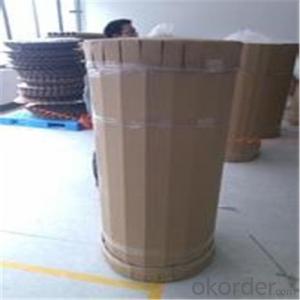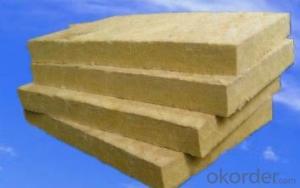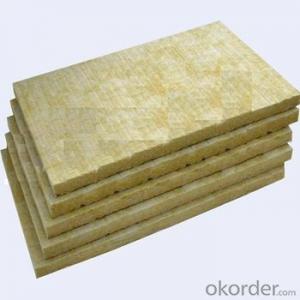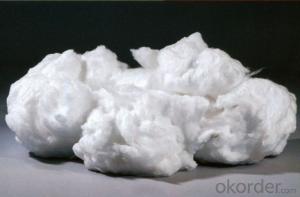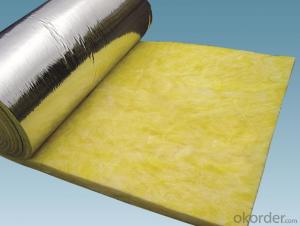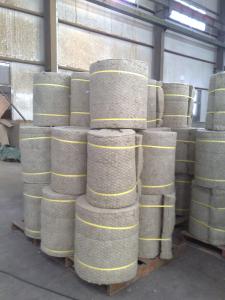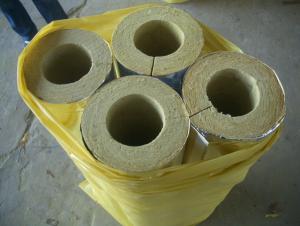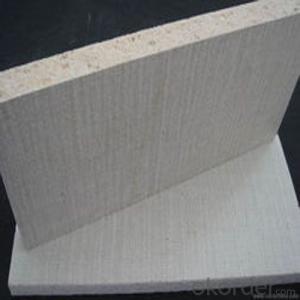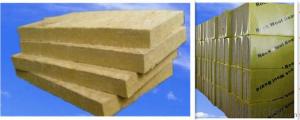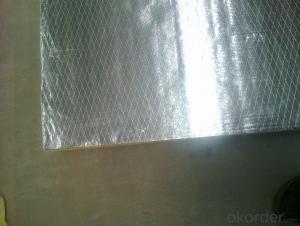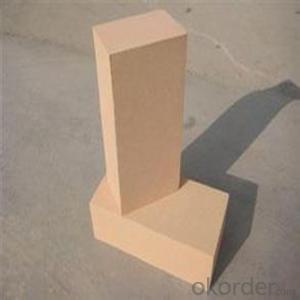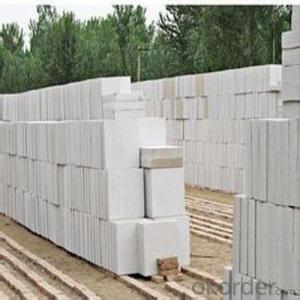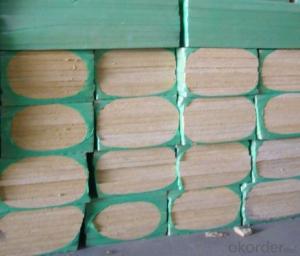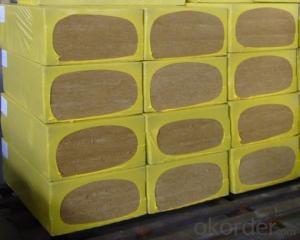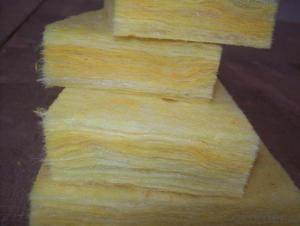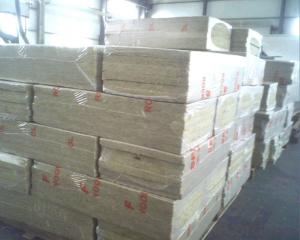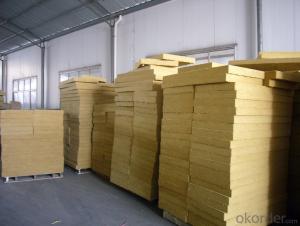All Categories
- - Steel Wire Rod
- - Steel Coils
- - Steel Profiles
- - Steel Pipes
- - Stainless Steel
- - Tinplate
- - Special Steel
- - Steel Sheets
- - Steel Rebars
- - Steel Strips
- - Hot Rolled Steel
- - Cold Rolled Steel
- - Pre-painted Steel
- - Seamless Steel Pipe
- - Welded Steel Pipe
- - Hollow Steel Tubes
- - Galvanized Pipe
- - Stainless Steel Coil
- - Stainless Steel Sheet
- - Stainless Steel Plate
- - Stainless Steel Strips
- - Electrolytic Tinplate Coil
- - Electrolytic Tinplate Sheet
- - Stainless Steel Rebars
- - Solar Panels
- - Solar Water Heater
- - Solar Related Products
- - Solar Inverter
- - Solar Cells
- - Solar Light
- - Solar Energy Systems
- - Solar Controllers
- - Solar Mounting System
- - Solar Pump
- - Solar Chargers
- - Fiberglass Chopped Strand
- - Fiberglass Mesh Cloth
- - Composite Pipes
- - FRP Pultrusion Profiles
- - Fiberglass Mat Tissue
- - Fiberglass Fabrics
- - Fiberglass Mesh
- - Composite Tank
- - Fiberglass Mesh tape
- - Polymer
- - FRP Roofing Panel
- - Fiberglass Roving
- - Monolithic Refractories
- - Ceramic Fiber Products
- - Refractory Bricks
- - Raw Materials For Refractory
- - Suspended Platform
- - Cranes
- - Concrete Machinery
- - Earthmoving Machinery
- - Building Hoist
- - Road Building Machinery
- - Plastic Pipe Fittings
- - Plastic Tubes
- - Plastic Sheets
- - Agricultural Plastic Products
- - Plastic Nets
 All Categories
All Categories
Q & A
Does mineral wool require any special storage conditions?
Yes, mineral wool does require some special storage conditions. It should be stored in a dry, well-ventilated area to prevent moisture absorption, which can affect its insulation properties. Additionally, it should be kept away from open flames and high temperatures to avoid potential fire hazards.
How does mineral wool contribute to occupant comfort in buildings?
Mineral wool contributes to occupant comfort in buildings by providing excellent thermal insulation, sound absorption, and fire resistance. It helps maintain a comfortable indoor temperature by reducing heat transfer through walls, floors, and roofs, thereby minimizing energy consumption for heating or cooling. Additionally, mineral wool absorbs sound, reducing noise pollution and creating a peaceful and quiet environment. Furthermore, its fire-resistant properties provide a higher level of safety, as it slows down the spread of flames and helps protect occupants in case of a fire. Overall, mineral wool plays a crucial role in enhancing the comfort and well-being of occupants in buildings.
Is mineral wool environmentally friendly?
Mineral wool can be considered environmentally friendly to some extent. It is made from abundant and natural materials like basalt or recycled slag, reducing the need for extraction of non-renewable resources. Additionally, it is highly durable, has excellent thermal insulation properties, and is non-combustible, which can contribute to energy savings and fire safety. However, the production process of mineral wool involves high energy consumption and the use of binders or additives that might have potential environmental impacts. Furthermore, improper disposal or recycling of mineral wool can lead to waste management issues. So, while mineral wool has some eco-friendly aspects, it is important to consider its full lifecycle and proper handling to minimize its environmental footprint.
What is the tensile modulus of mineral wool?
The tensile modulus of mineral wool is a measure of its resistance to deformation under tension and can vary depending on the specific type and composition of the mineral wool.
How is mineral wool made?
Mineral wool is made by melting natural minerals like basalt, clay, or diabase at high temperatures and then spinning the molten material into fine fibers. These fibers are then bonded together using a binder to form a dense mat, which is further processed into various forms such as rolls, batts, or boards, to be utilized as insulation material.
Wholesale Mineral Wool from supplier in Nigeria
Whether you are looking for Mineral Wool insulation for buildings, industrial applications, or other specialized uses, we have a wide range of high-quality products to meet your needs. Our team of experts is dedicated to providing excellent customer service and technical support, ensuring that you receive the right product for your specific requirements.
We understand the unique challenges and requirements of the Nigerian market and have tailored our offerings to cater to these needs. With our strong backing from CNBM, a Fortune Global 500 company, you can trust in our reliability and commitment to delivering top-notch products and services.
Our years of experience in the Nigerian market have given us valuable insights into local industry trends and project requirements. We can provide you with guidance and recommendations based on this knowledge, helping you make informed decisions for your projects.
Whether you are an architect, contractor, or distributor, we have the resources and expertise to serve you efficiently. Our sales team will provide you with competitive prices and timely quotations, ensuring that you get the best value for your investment.
In addition to our product offerings, we also provide technical support services to assist you throughout your project. Our team of experts can offer guidance on installation techniques, product specifications, and any other technical queries you may have.
At [Company Name], we are committed to meeting the Mineral Wool procurement requirements of Nigeria. Contact us today to discuss your needs and find out how we can support your projects.
We understand the unique challenges and requirements of the Nigerian market and have tailored our offerings to cater to these needs. With our strong backing from CNBM, a Fortune Global 500 company, you can trust in our reliability and commitment to delivering top-notch products and services.
Our years of experience in the Nigerian market have given us valuable insights into local industry trends and project requirements. We can provide you with guidance and recommendations based on this knowledge, helping you make informed decisions for your projects.
Whether you are an architect, contractor, or distributor, we have the resources and expertise to serve you efficiently. Our sales team will provide you with competitive prices and timely quotations, ensuring that you get the best value for your investment.
In addition to our product offerings, we also provide technical support services to assist you throughout your project. Our team of experts can offer guidance on installation techniques, product specifications, and any other technical queries you may have.
At [Company Name], we are committed to meeting the Mineral Wool procurement requirements of Nigeria. Contact us today to discuss your needs and find out how we can support your projects.
Hot Search
- Black Fiberglass Tissue in Somalia
- Aluminum Foil Facing in Jordan
- Mineral Wool in Uganda
- Aluminum Foil Facing in Turkey
- Mineral Wool in Bulgaria
- Mineral Wool in Netherlands
- Aluminum Foil Facing in Djibouti
- Aluminum Foil Facing in Canada
- Aluminum Foil Facing in Bolivia
- Black Fiberglass Tissue in Nigeria
